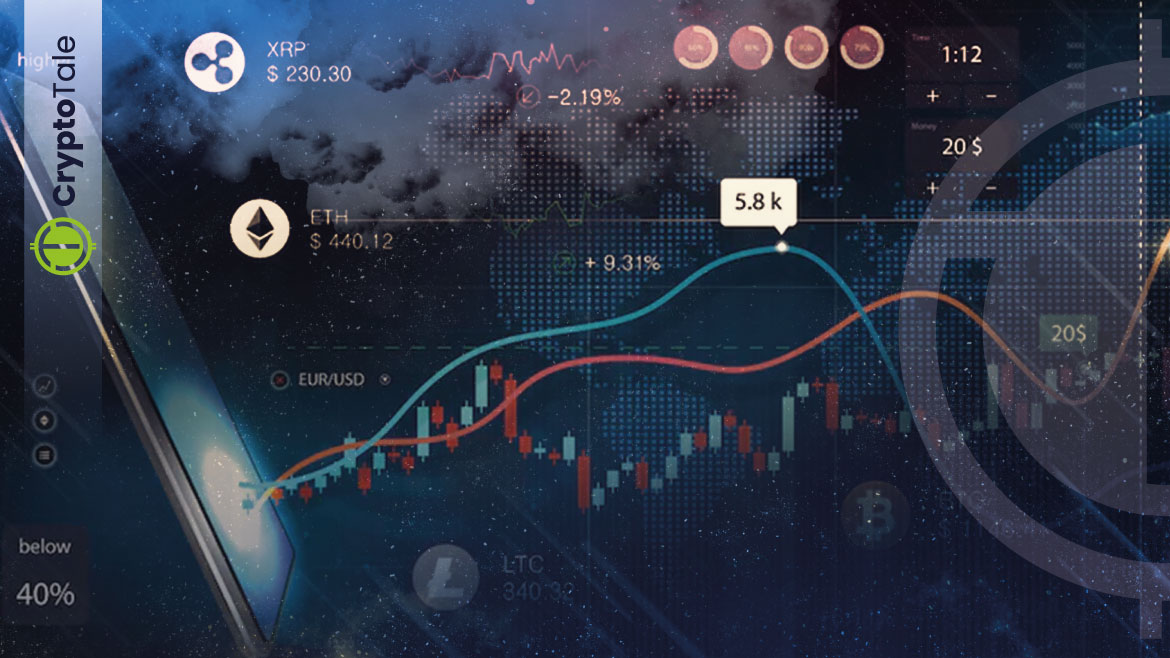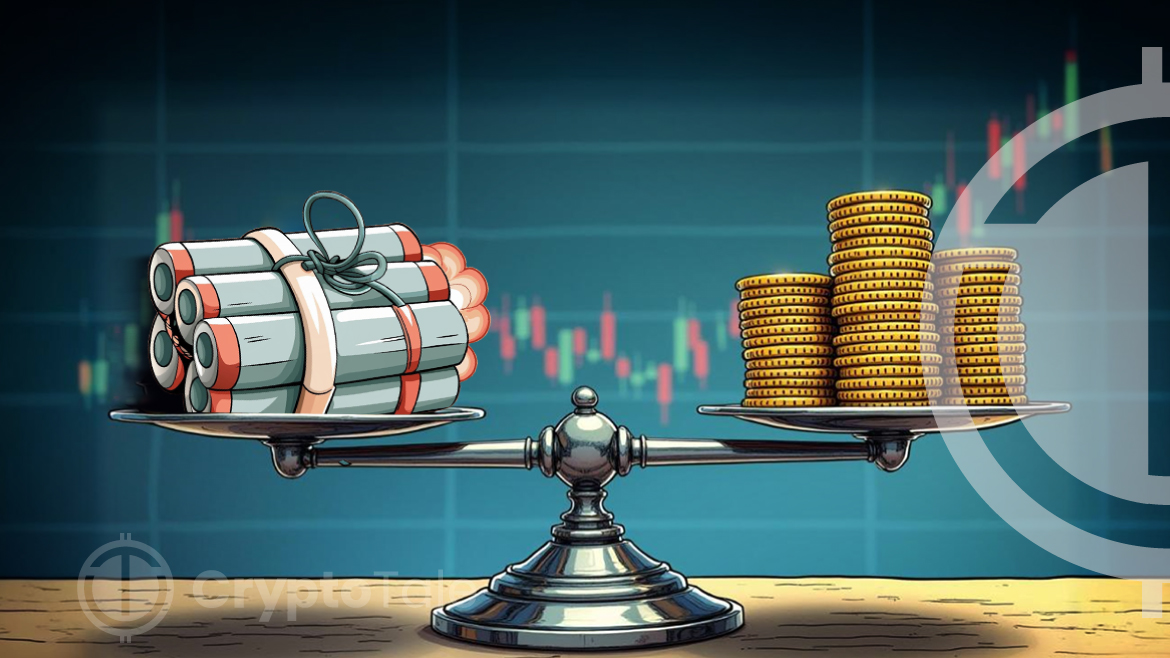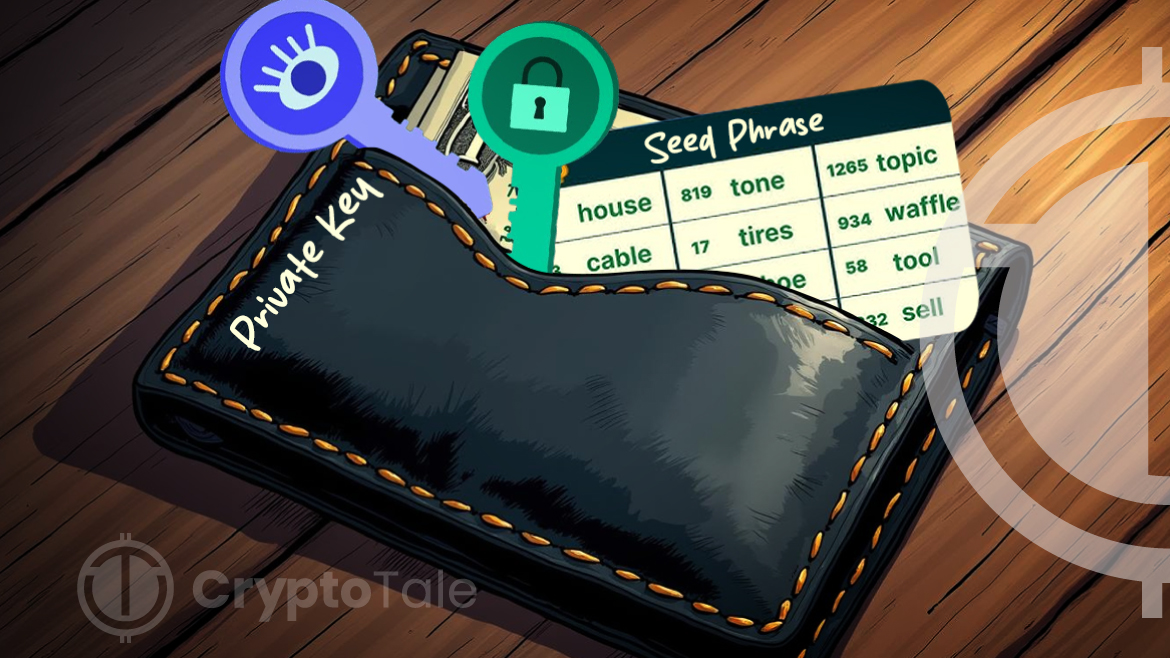Exchange platforms, whether centralized or decentralized, play an important role in the blockchain space. They provide cryptocurrency investors and users a way to seamlessly interchange value between a fiat currency and a cryptocurrency, as well as vice versa, and even from one cryptocurrency to another.
There are quite a few cryptocurrency exchange platforms across the globe. With so many options, how do you pick the best exchange for you? To make the selection process easier for you, we will go over the main differences between a centralized and decentralized exchange, as well as review some of the top exchanges in the market, as well as which ones are best for crypto newcomers.
Getting Started On An Exchange
Similar to traditional bank accounts, before you can start buying and selling on most crypto exchanges, you will first need to register and create an account on the platform you want to use. Once you complete the Know-Your-Customer (KYC) process and have been authenticated, your account will be created and you can transfer either crypto or fiat funds to the platform.
What Are Crypto Exchanges?
Crypto exchanges are platforms that enable the trading of cryptocurrencies, as well as the trading between cryptocurrencies and fiat currencies such as the U.S. dollar or the Euro. Simply put, crypto exchanges serve as intermediaries between crypto buyers and sellers – making money through commissions and transaction fees.
On common exchanges, $100 worth of a fiat currency can be exchanged for an equivalent amount of Bitcoin, and vice versa. Similarly, $100 of Bitcoin can be exchanged for Ethereum of equivalent value. This same concept can be applied to other assets based on what is offered by the exchange you’re using.
Difference Between Decentralized and Centralized Exchanges
A centralized exchange is a custodial platform where the platform holds and secures the user’s cryptocurrency funds and cryptographic keys. On the other hand, decentralized exchanges are peer-to-peer marketplaces where buyers and sellers interact with each other directly without a middleman.
This is made possible by smart contracts – which are logic coded on the blockchain that triggers an event, or events, when certain criteria are met. Let’s take a look at the main differences between a centralized and 33decentralized exchange.
Cryptocurrency Asset Diversity
There are currently more than 4,000 cryptocurrencies in the market. In order for a cryptocurrency to get listed on a centralized exchange, the coin or token needs to satisfy security protocols, meet a minimum trading volume, and comply with various legal standards.
However, on a decentralized exchange, any cryptocurrency can be listed. This does mean more risk for cryptocurrency investors since the cryptocurrency doesn’t have to comply with any standards or security protocols, but it also means that investors will have early access to new, potentially valuable cryptocurrency coins and tokens.
Security & Privacy
A person is less likely to encounter a scam in a centralized exchange because of the security protocols and minimum requirements set by each centralized exchange platform – protecting the user from cyber criminals.
Also, as you may recall, a centralized exchange protects a user’s funds and wallet keys. When it comes to a decentralized exchange, the user is responsible for the security of their own funds and wallet keys.
Liquidity
Although decentralized exchanges offer more cryptocurrency trading options, the majority of trading volume happens on centralized exchanges because they are the only type of exchange platform that offers support for fiat-to-crypto and crypto-to-fiat trading. Also, cryptocurrencies that list on decentralized exchanges are not subject to certain criteria, such as a minimum trading volume, before being listed on a decentralized exchange. Therefore, just because there are more cryptocurrency trading options on a decentralized exchange, doesn’t mean that each new listing brings liquidity to the platform.
Barrier to Entry
Decentralized exchanges are more complex than centralized exchanges. This is mainly because users using decentralized exchanges have to handle the whole trading process themselves.
This is one of the ways that decentralized exchanges differ from centralized exchanges, since centralized exchanges handle most of the backend trading process for the user – making it as simple as possible.
Besides offering fiat-to-crypto and crypto-to-fiat trading capabilities, centralized exchanges are more popular in the market because of the ease of use they offer users.
A Look At The Top Crypto Exchanges
Coinbase
Coinbase is perhaps one of the best if not the best crypto trading platform for beginners given its easy to use interface for crypto newcomers. The platform also includes extensive educational material on all aspects of blockchain technology and extensive security features.
If you are familiar with crypto then chances are that you have already heard about Coinbase as it is one of the largest and well-known exchanges in the U.S.
The Coinbase platform does a phenomenal job of lowering the barrier to entry for investing in crypto with a straightforward sign up process that eases users into trading. Simultaneously, the interface makes navigating the platform and managing crypto a seamless experience.
Coinbase users are encouraged to use Coinbase’s substantial range of learning material through the Coinbase Earn program. The education content teaches users how to trade specific cryptocurrencies and rewards users in crypto.
Lastly, it is worth mentioning the exchange’s security features. Coinbase uses two-factor authentication on all versions of its platforms, stores 98% of customers’ crypto offline, and also has an insurance policy to offer custodial accounts of up to $250,000 protection. All of these features make Coinbase worth it, despite their high and varying fee structure.
Binance
Binance is one of the world’s largest cryptocurrency exchanges, and boasts low fees, access to a vast amount of cryptocurrencies, as well as advanced features for veteran cryptocurrency investors and traders.
However, Binance is currently not available to U.S. customers. U.S. customers will have to use Binance.US – a more limited version of the largest cryptocurrency exchange in the world.
Binance is more ideal for advanced cryptocurrency traders from all parts of the world, but cryptocurrency newcomers can also benefit from all of the services that the platform has to offer if they take the time to learn how to use the platform.
There are several ways to earn passive income with your cryptocurrency on the Binance platform thanks to the suite of DeFi services the platform offers users. Also, since the platform is a centralized exchange, users can trade both crypto-to-crypto trading pairs and fiat-to-crypto trading pairs.
Binance.US offers discounts for using the platform’s native token, Binance Coin (BNB), to buy and sell other cryptos.
Furthermore, many of the cryptos available on the exchange are purchasable with USD, which is great for anyone who wants to purchase crypto directly. This will also save you money on conversion fees.
Crypto.com
Crypto.com is another great exchange platform option due to its security and its multiple layers of protection against crypto fraud and cyberattacks.
Although most reputable crypto exchanges employ a high level of security, Crypto.com really stands out. Currently, the exchange is ranked number 1 in the Cybersecurity Ranking and CERtification Platform’s top 100 exchanges by cybersecurity rating. This fantastic level of security offers crypto newcomers while trading on the platform.
Security is not Crypto.com’s only attraction as the exchange also offers a large selection of cryptos comprising over 250 coins. Other noteworthy features include its non-custodial DeFi wallet – enabling users to send crypto at their preferred speed and earn interest on tokens -, margin trading, prepaid visa cards to spend crypto, as well as crypto loans.
KuCoin
Next on the list is KuCoin, which is the 9th biggest cryptocurrency exchange in the world in terms of daily trading volume. KuCoin offers users advanced features, low fees, and a large list of supported cryptocurrencies. Similar to Binance, KuCoin is not licensed to operate in the United States.
KuCoin is ideal for experienced cryptocurrency traders who would like access to a wide range of cryptocurrencies and advanced features. The exchange boasts low trading fees and a very strong user base.
Their customer service is also exceptional and users have access to a number of ways to earn passive income from their cryptocurrency holdings thanks to the DeFi services offered on the KuCoin platform.
Bittrex
Bittrex operates two separate exchange platforms that share liquidity in order to meet the demands of both US and international regulators. The core Bittrex exchange focuses on US customers and offers less cryptocurrency trading options than its Bittrex Global counterpart.
Users can trade a wide variety of cryptocurrency pairs, and even some fiat-to-crypto trading pairs, on the platform. Bittrex is ideal for both beginner and veteran cryptocurrency traders and investors. With its top-of-the-range security features, users can rest assured that their cryptocurrency funds are safe from cyber criminals too.
BitMart
BitMart offers over 300 cryptocurrency trading pairs. Other features offered by the platform include advanced order types, futures trading, as well as cryptocurrency staking and lending – allowing users to earn interest on their cryptocurrency holdings.
The platform is suitable for moderate to advanced cryptocurrency traders and investors. BitMart also comes with its own native wallet service and discounts on trading fees are available.
PancakeSwap
PancakeSwap is a decentralized exchange built on the Binance Smart Chain. It uses permissionless liquidity pools which are run by algorithms – making the platform completely autonomous.
PancakeSwap is one of the most popular cryptocurrency decentralized exchanges and boasts fast transactions in addition to lower fees compared to its competitors which are usually built on top of the Ethereum blockchain.
Being a decentralized exchange, PancakeSwap is ideal for more experienced cryptocurrency traders.
Some of the major benefits of using PancakeSwap is that users are rewarded handsomely for staking cryptocurrency on the platform, high yield returns ranging from 23% all the way up to 373%, and users can easily launch their own token into the BEP ecosystem using PancakeSwap.
Other advantages include lottery pools which reward users 50% of the lottery pool, and the opportunity for users to win a variety of non-fungible tokens.
How To Find The Best Exchange For Your Needs
Be Cautious
The first thing to take into consideration when searching for a digital currency exchange, and when considering any aspect of crypto investing, is that scams and frauds are out there. These crypto scams can have a great impact on individual investors.
One of the earliest digital currency exchanges, Mt. Gox, and one of the most popular, collapsed. Other exchange platforms have either been hacked or compromised.
The first thing to look for is the physical address that is associated with the exchange platform. If there is no address available, it is advisable to stay away from the platform and not make use of it. There are many reasons for this, the first being that transparency is often a sign of legitimacy.
Second, if you don’t know where the exchange is based, you may not have a good sense of the legal ramifications of your investments. Lastly, should your account get hacked, it is much easier to address these issues with the exchange platform and the respective regulators that may need to get involved.
Do Your Research
When it comes to anything cryptos, especially exchanges, reputation counts. Before you even go as far as to create an account, take time to thoroughly research the exchange that you’re considering. Also try to see what existing users have to say about the exchange.
Also look out if there have been any issues with the exchange. If there are any issues, how did the exchange team deal with those problems? Try to dig deep in your search and look for any negative stories that the exchange’s team would not want potential customers to see.
Favor Higher Security
It may not sound so, but the more difficult it is to create an account on an exchange platform, the better. If setting up an account on the exchange is too easy, then it may suggest that the platform is not very trustworthy.
Regardless of the exchange that you choose, it is a good idea to keep the large majority of your digital assets in an offline storage service such as a cold wallet, which is often even an option for staked coins. Exchanges should do the same for the crypto that is not needed for liquidity.
Take Note of Fees and Pairs
After you’ve gone through your list of potential exchanges and have found some good candidates that seem to have excellent reputations, great histories relating to security, and no backgrounds of hacks or scams. That’s a great start, but now you’ll need to try to gauge how each exchange will impact your investing daily.
The two major factors that distinguish different exchanges are fees and the trading pairs that they offer. Almost all exchanges will include a fee for your transactions. These fees will either be based on the size of the transaction, or they may be dependent upon your level of activity. In some cases, they may be unrelated to either of those factors.
Look into each platform’s fees and how they will impact your daily trading and investing experience based on your strategy. Do you plan to be highly active on the platform and make transactions every day? If this is the case, it may be best to consider an exchange with lower per-transaction fees.
If you are going to be transacting with ether, it will be a good idea to consider the gas fees that you’ll need to pay that are associated with each transaction type.
Another important aspect of a crypto exchange to take into consideration is what crypto trading pairs the platform offers. For instance, if you are looking to trade small cap cryptocurrencies, you may want to look for exchanges that support and allow you to trade them.
Lastly, make sure that you’re keeping in mind how your own investment practices will relate to the features, as well as the limitations, of any exchange that you may use.
Is It Accessible?
No matter where you are in the world, consider which crypto exchanges are available in your country and state. Looking at the website terms of service can help determine if it is accessible to you or not.
Does It Have Liquidity?
A characteristic that is often overlooked is whether or not a crypto exchange has a good amount of liquidity. You will want to make sure that you are able to sell your cryptocurrency whenever you choose at the best price. This requires that an exchange have enough trading volume. More popular exchanges tend to have higher liquidity.
To Recap
Exchange platforms, whether centralized or decentralized, play an important role in the blockchain space. They provide cryptocurrency investors and users a way to seamlessly interchange value between a fiat currency and a cryptocurrency, as well as vice versa, and even from one cryptocurrency to another.
Simply put, crypto exchanges serve as intermediaries between crypto buyers and sellers – making money through commissions and transaction fees. The first thing to take into consideration when searching for a digital currency exchange, and when considering any aspect of crypto investing, is that scams and frauds are out there.






